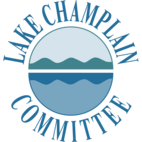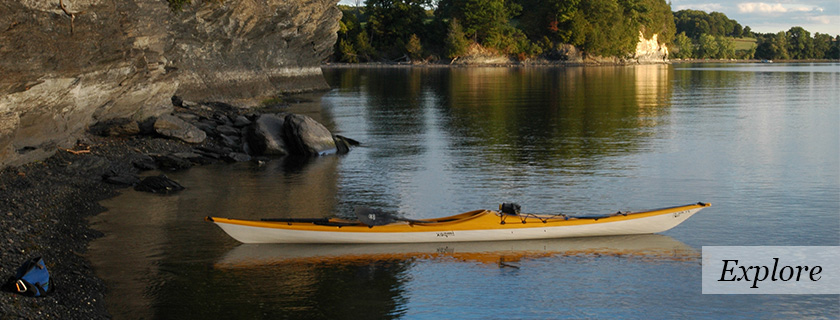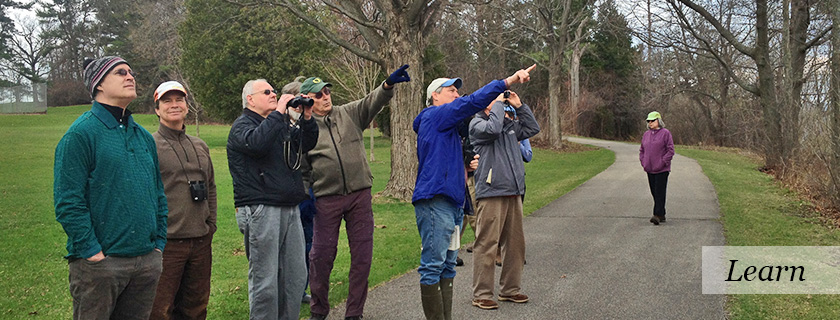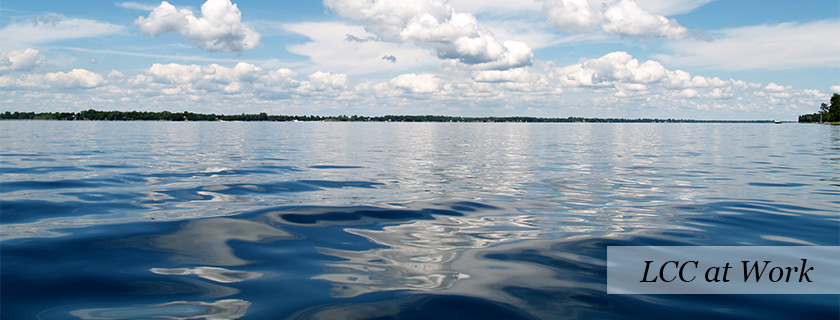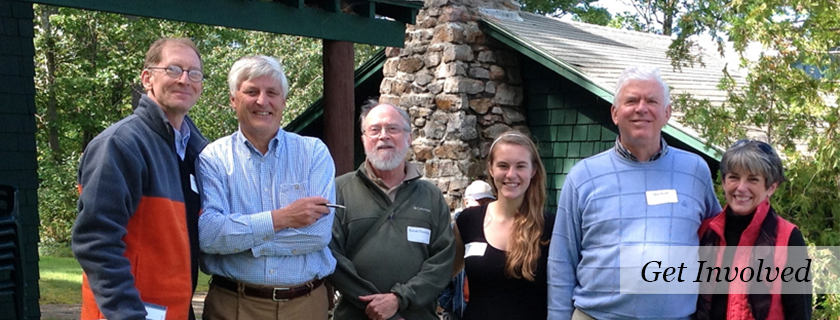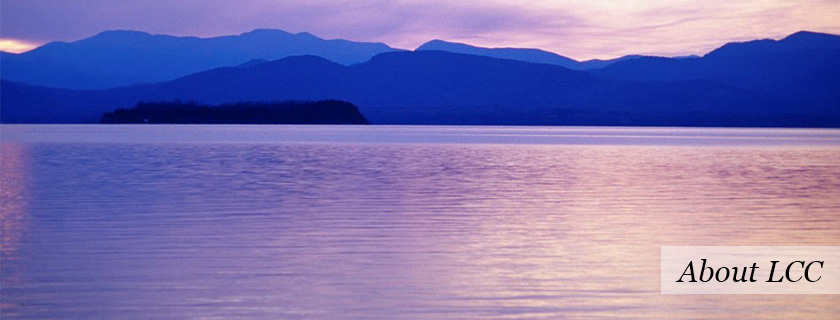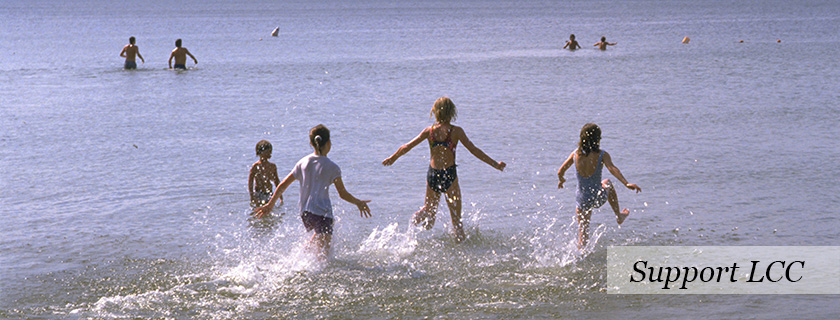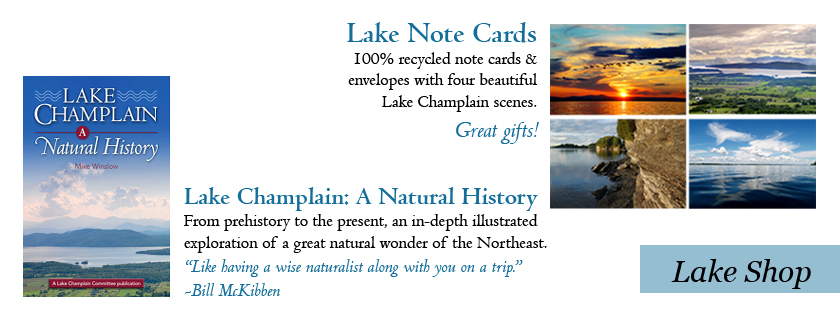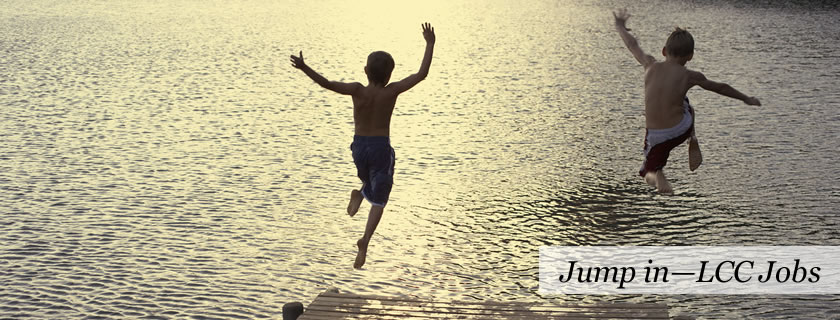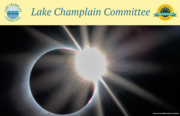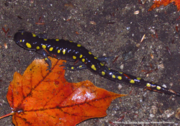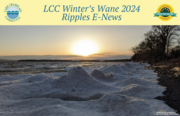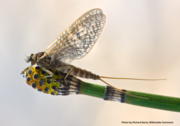The lake sturgeon is a fish with a lot of superlatives. It’s as long as the standing height of an adult man, with longer recorded lifespans than humans. It has been on earth since before the evolution of flowering plants. And it has a complicated relationship with people as it was nearly driven to extinction and is currently designated as endangered in Vermont and threatened in New York. Read...
Latest Updates
Do you live near a stream? Is there a healthy vegetated buffer around the stream that runs through your property? If you answered yes, you might be Stream Wise!
Stream Wise awards and recognizes private landowners that maintain wide buffers of native plants along river and stream shoreland to promote water quality and stream resiliency. Maintaining a healthy vegetated buffer around streams helps reduce the amount of runoff that enters our waterways, which is important for water quality. These buffers are also key wildlife habitat.
Fill out our sign-up form and LCC will reach out to schedule an assessment. Read...
On Monday April 8, 2024 the skies above Lake Champlain will go dark in the middle of the afternoon. Almost all of the lake is in the path of totality for the solar eclipse of 2024 passing through Mexico, the US, and Canada. It’s a historic occurrence—on average, any given location sees a total solar eclipse every 355 years. The LCC team is excited to experience this rare celestial event and will be heading out on foot to various viewing locations in the Lake Champlain watershed. Read on for information and resources about what a solar eclipse is, where to go, where not to go, Leave No Trace principles, a solar eclipse sundial, safety, community science opportunities, regional guides, and more to help you experience this once-in-a-lifetime phenomena. Read...
With no concept of weeks, months, or daylight savings—frogs and salamanders rely entirely on environmental cues of temperature and precipitation to tell them when it’s time to start their vernal lifestyle. What does this seasonal shift look like, and how have humans affected it? Read...
Read on to see what LCC and Lake Champlain have been up to lately! Read...
Stormwater runoff poses a major challenge for water quality in Lake Champlain. When rain falls on impervious surfaces, it does not have the chance to infiltrate into the ground and instead flows over roofs, parking lots, and roads—collecting pollutants and nutrients along the way—until it eventually reaches the lake, untreated. Runoff from developed land contributes more phosphorus to Lake Champlain than any other land use type per area. Read...
For about as long as we have had agriculture, we have had agricultural pests—insects and other creatures who make their living off food we grow. We’ve been in an evolutionary showdown with these pests for centuries, adapting new technologies to better protect our food. The stakes of the back and forth increased dramatically with the advent of chemical pesticides. In the 1980’s, a specific class of pesticide was developed called neonicotinoids, or “neonics”. Read...
